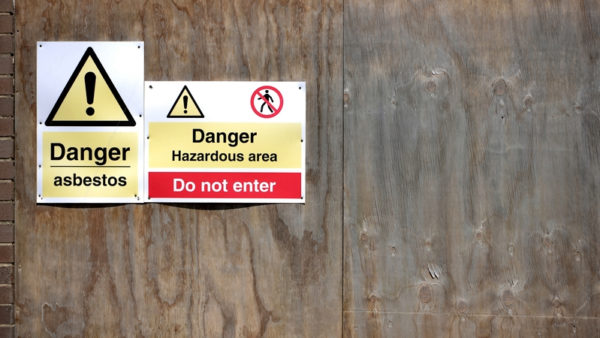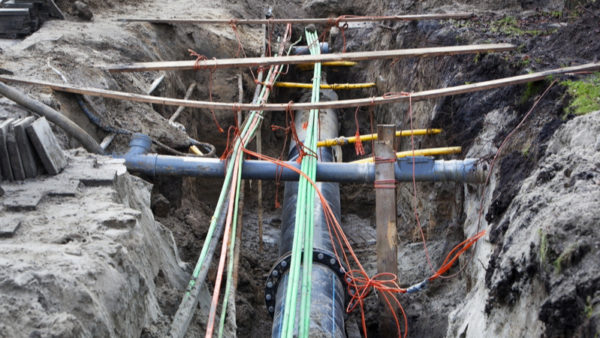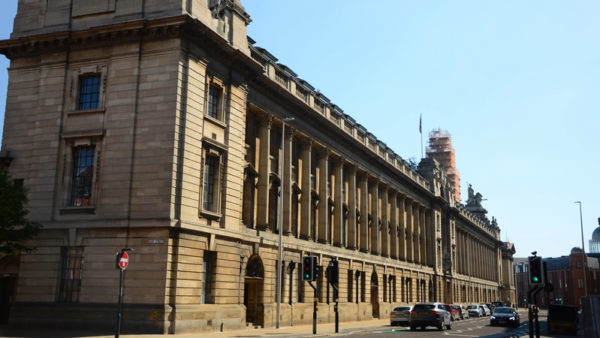Chancellor Rishi Sunak has unveiled the government’s latest budget, with several key changes which will affect the construction industry, as it tries to steer the UK out of the covid-19 pandemic and into recovery.
Sunak revealed that the government’s covid-19 support measures running from the start of the pandemic last year until 2022 has cost £407bn, taking government borrowing to 17% of GDP – the highest level since the Second World War.
Nonetheless, the economy is expected to return to its pre-pandemic size faster than originally forecast and unemployment may reach a peak of 6.5% in 2022, which would be lower than forecast. The OBR predicts that the UK economy will grow by 4% this year, strengthening to 7.3% in 2022.
The key fiscal measures which will have an impact on construction are as follows:
- Corporation tax will rise to 25% but the increase has been delayed until April 2023 to allow businesses time to recover from the covid-19 pandemic. Companies making a profit of £50,000 or less will continue to pay the 19% rate, while rates for companies with profit more than this figure will be tapered. Those who make annual profits of £250,000 or more will pay the full 25% rate when it is introduced. The move is expected to raise up to £17bn a year.
- A new “super deduction” scheme running between 1 April 2021 until 31 March 2023 will allow companies to invest in qualifying plant and machinery and obtain a 130% first-year capital allowance. The move means companies’ tax bills will be reduced by 25p for every pound invested in new equipment. Sunak said: “Under the existing rules a construction firm buying £10m of new equipment can reduce their taxable income in the year they invest by just £2.6m. With the super deduction they can reduce it by £13m.”
- The covid-19 furlough and Self-Employment Income Support Scheme (SEISS) will continue to run until September. The amount employers contribute to the cost of furlough will gradually increase from 10% of salaries in July to 20% in August and September.
- A £10m Modern Methods of Construction (MMC) taskforce has been created to promote the use of MMC in housebuilding. The taskforce will consist of "world-learing experts" from across government industry to help accelerate the adoption of MMC. The new taskforce will be based in the Wolverhampton office of the Ministry for Housing, Communities and Local Government.
- Businesses of all types will be able to access covid-19 recovery loads of up to £10m from 6 April this year. The government will guarantee 80% of the loans.
- A new ‘Help to Grow’ scheme will offer SMEs access to ‘world class’ management training, with the government paying for 90% of the cost.
- A Leeds-based UK Infrastructure Bank will invest up to £12bn, available from this spring, in public and private projects to fund a ‘green industrial revolution’.
- Eight new ‘freeports’ will be created offering tax advantages and customs relief to businesses in those areas. They will be located in the Thames Estuary, East Midlands Airport, Felixstowe and Harwich, Humberside, Liverpool City, Plymouth, Solent and on Teesside. A further two in the devolved administrations are still to be announced.
To view the Budget 2021 in full, click here.









